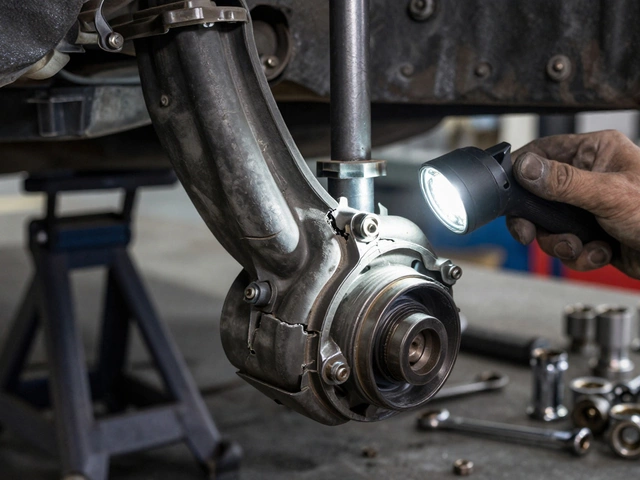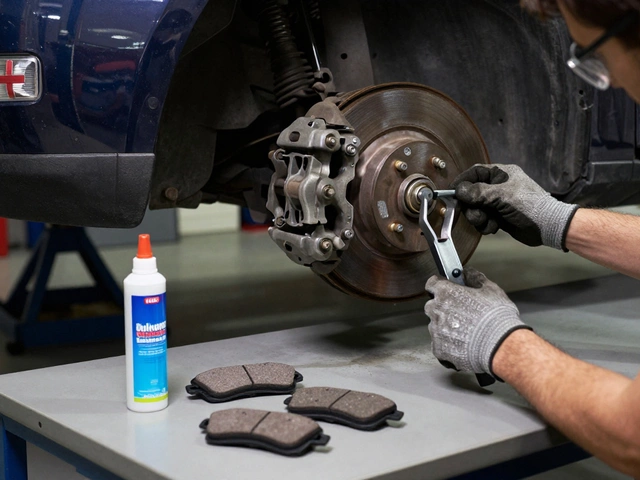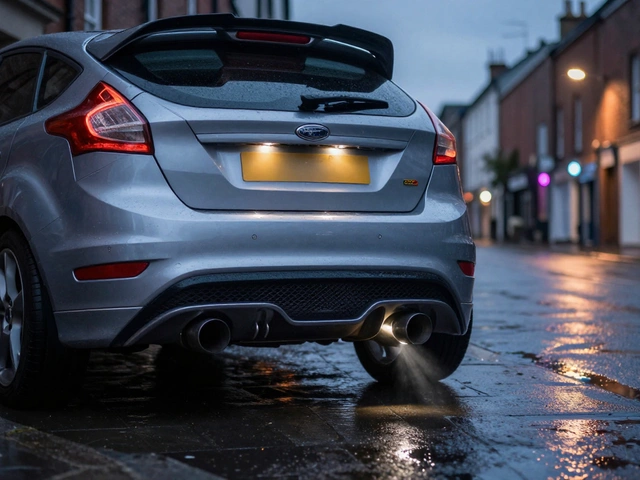Engine Problems: Common Signs, Causes, and What to Do Next
When your engine problems, issues that prevent your car’s engine from running properly, often caused by wear, neglect, or component failure. Also known as engine failure, it’s not always a sudden breakdown—most start as quiet warnings you can’t afford to ignore. A misfire, a knocking sound, or the check engine light blinking aren’t just annoyances. They’re your car screaming for help before something expensive breaks.
Engine problems rarely happen alone. They’re often tied to other systems. A fuel pump, a device that pushes gasoline from the tank to the engine. Also known as fuel delivery system, it failing means your engine starves for fuel—even if the tank’s full. A radiator failure, when the cooling system can’t regulate engine temperature, leading to overheating and potential engine damage. Also known as cooling system breakdown, it can turn a small issue into a seized engine in minutes. And if you’ve skipped oil changes, engine damage, internal wear caused by dirty oil, lack of lubrication, or sludge buildup. Also known as motor wear, it builds up slowly until one day, your car won’t start.
You don’t need to be a mechanic to spot these signs. If your car hesitates when you press the gas, sounds like a diesel truck when it’s not, or overheats in traffic, you’ve got engine problems. The same goes for smoke from the exhaust, a weird smell under the hood, or the oil light coming on. These aren’t "maybe" issues—they’re red flags. And ignoring them won’t make them go away. It’ll just make the repair bill bigger.
Some problems are easy to fix early. A clogged air filter, low coolant, or worn spark plugs can all trigger engine trouble—but they’re cheap compared to a rebuilt motor. Others, like a failing fuel pump or cracked head gasket, need professional help. The key is catching them before they cascade. That’s why the posts below cover everything from how to tell if your fuel pump is dying, to what happens when you skip oil changes, to why a bad radiator can wreck your engine. You’ll find real, no-fluff advice on diagnosing issues yourself, understanding repair costs, and knowing when to walk into a shop versus when to keep driving.
Whether you’re hearing a knock, seeing warning lights, or just feel like your car isn’t acting right, you’re not alone. These are the most common engine problems drivers face—and the solutions are simpler than you think. Below, you’ll find clear guides that break down exactly what’s wrong, why it matters, and what to do next—no jargon, no guesswork, just what works.






